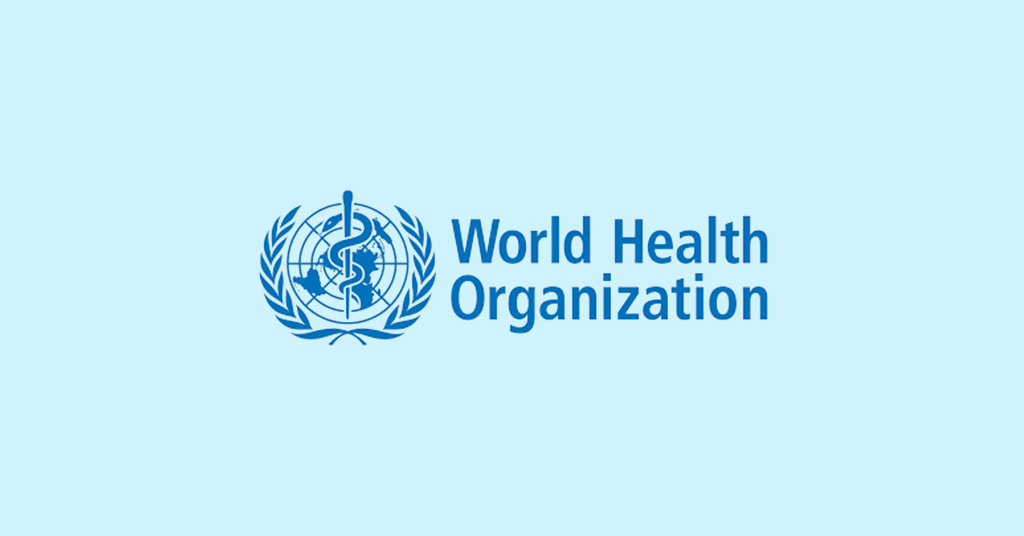Welcome To ChemAnalyst

Geneva, Switzerland: The World Health Organization (WHO) will classify Aspartame, a commonly used artificial sweetener, as a "possible carcinogen" after reviewing 1,300 studies. The International Agency for Research on Cancer (IARC), which conducted the review, uses a classification system for known and possible carcinogens that is often confusing and misleading. There is a need for a separate classification scheme for scientific organizations that are difficult for the public to comprehend. However, the IARC doesn't assess the safe consumption limit of a product before it becomes a health hazard. In the case of Aspartame, records suggest that a person weighing 150 pounds (68 kilograms) can safely consume the equivalent of more than 13 cans of Diet Coke containing Aspartame per day.
The Joint WHO and Food and Agriculture Organization's Expert Committee on Food Additives (JECFA) has assessed Aspartame safety multiple times in the past. In its latest review, JECFA once again confirmed that the sweetener is safe for consumption and set the acceptable daily intake at zero to 40 milligrams per 2.2 pounds (1 kilogram) of body weight, equivalent to approximately 2,730 milligrams per day for a 150-pound person. This limit reflects the amount of Aspartame that can be safely consumed without posing any health risks, not just cancer. According to the European Food Safety Authority and the USFDA, there is currently no solid proof that consuming Aspartame leads to a higher risk of cancer. Interestingly, JECFA is currently analyzing the available data on Aspartame and will declare its findings on July 14th, the same day the IARC is likely to announce its verdict on the artificial sweetener.
The International Agency for Research on Cancer (IARC) utilizes four categories - carcinogenic, probably carcinogenic, possibly carcinogenic and not classifiable - to classify substances. This classification is a basic approach for assessing the level of evidence connecting a substance to human cancer. This evidence comprises studies on humans, human cells and tissues, laboratory animals, and the substance's resemblance to known or probable carcinogens. The categorizations do not relate to the level of cancer risk associated with a substance, but the conclusive evidence that the IARC has, suggesting its ability to cause cancer.
Tobacco, Asbestos, and processed meat all fall under the carcinogenic category, which means that the IARC has determined there is conclusive evidence that these substances can cause cancer in humans, despite varying degrees of risk among them.
Glyphosate, the active ingredient in Roundup - a popular weed killer, is considered a "probable" carcinogen by the International Agency for Research on Cancer (IARC). This implies that the evidence suggesting its ability to cause cancer in humans is inconclusive or insufficient, but there is enough evidence showcasing its ability to induce cancer in animals. Additionally, there is also strong evidence indicating that it has comparable features to known or probable human carcinogens.
When classified as "possible" carcinogens, there is inadequate or inconclusive evidence to support their ability to cause cancer in humans. However, there is sufficient evidence that they can cause cancer in animals or have characteristics like those of carcinogens. In certain situations, substances may be ranked as possible carcinogens if there is strong evidence from chemical and cell studies but inadequate evidence in humans and animals.
Aspartame is going to be included in this group, along with cell phone-associated radiofrequency electromagnetic fields. However, it is important to note that authorities other than the IARC have reported either no evidence or insufficient evidence linking cancer to cellphone use.
We use cookies to deliver the best possible experience on our website. To learn more, visit our Privacy Policy. By continuing to use this site or by closing this box, you consent to our use of cookies. More info.
